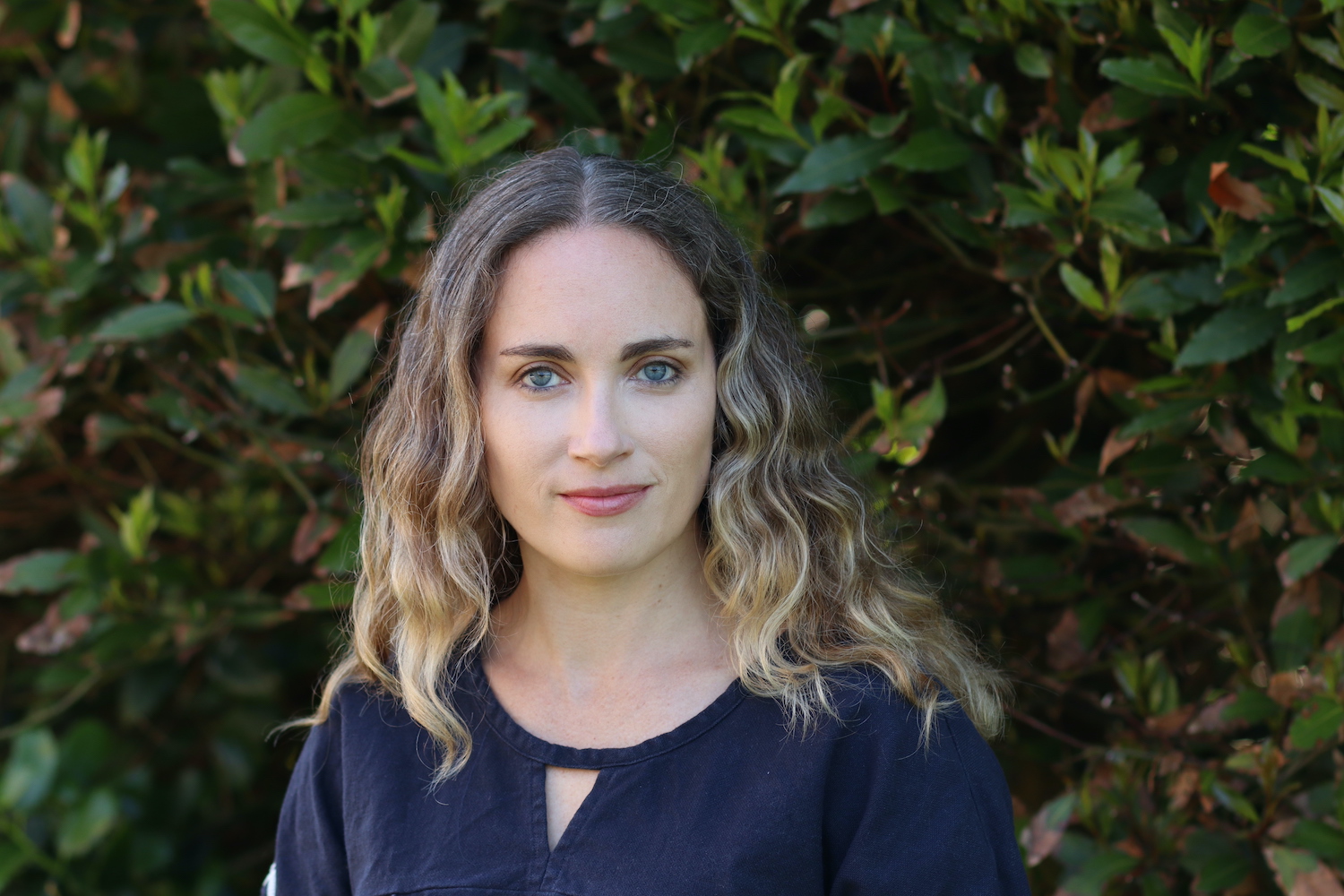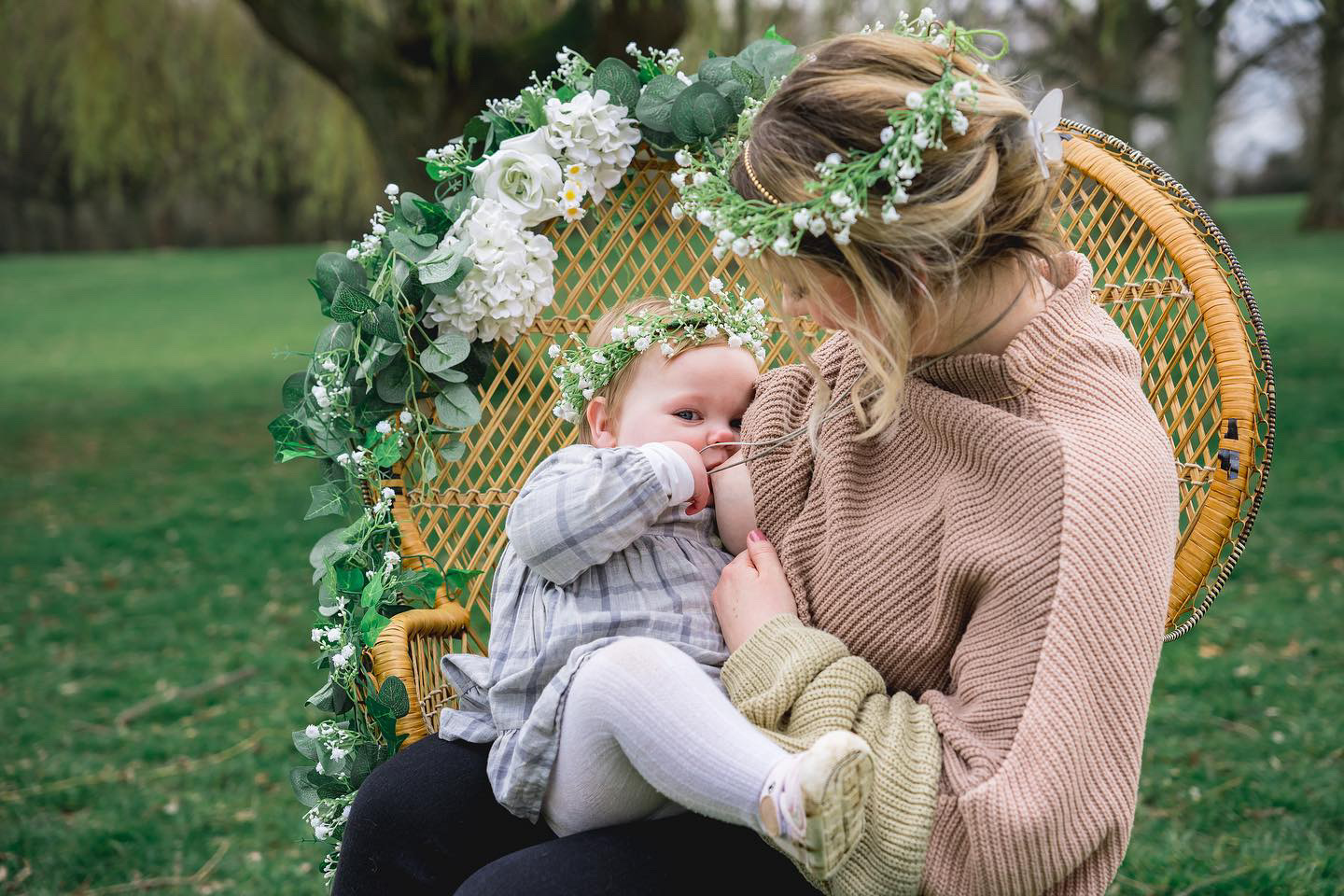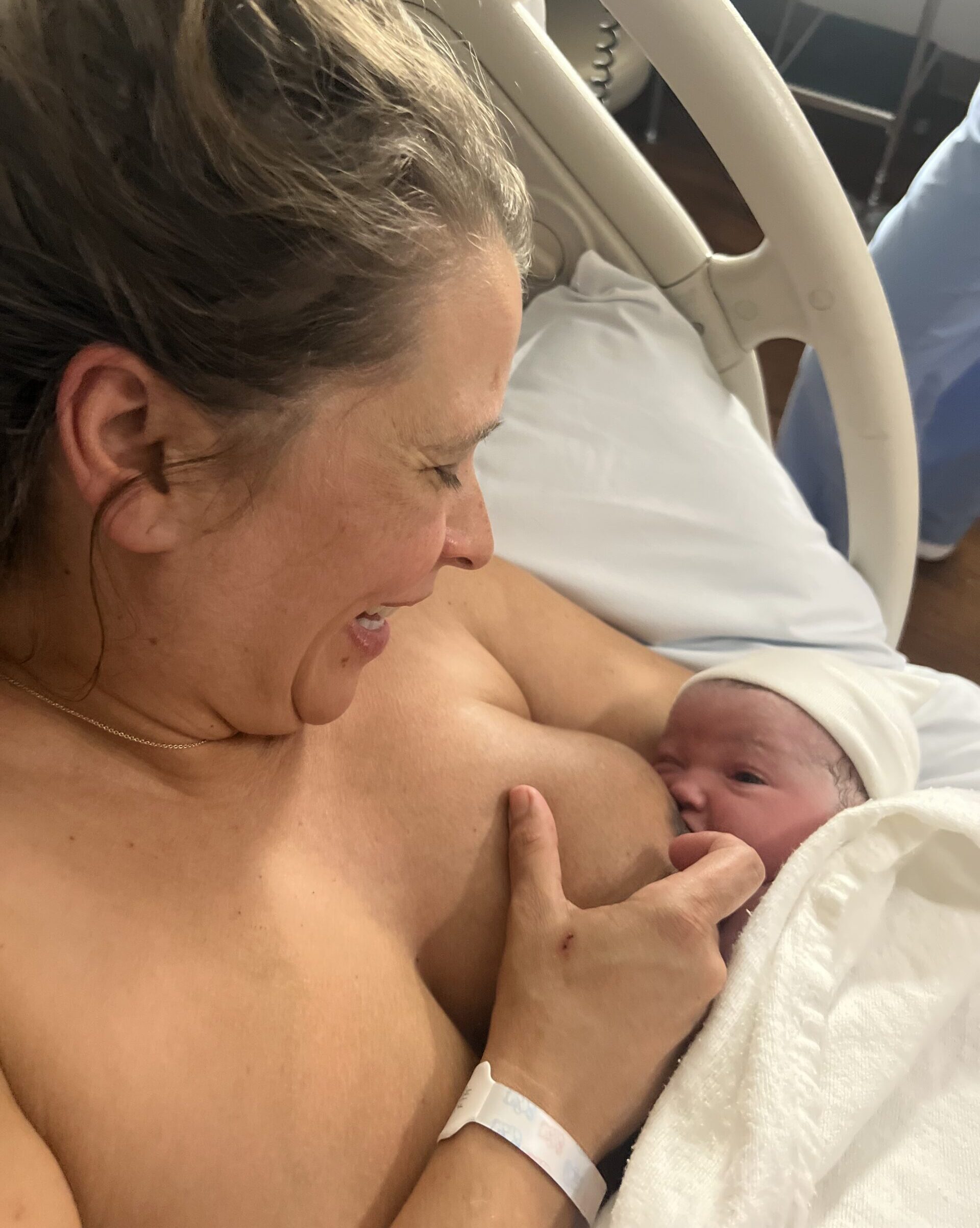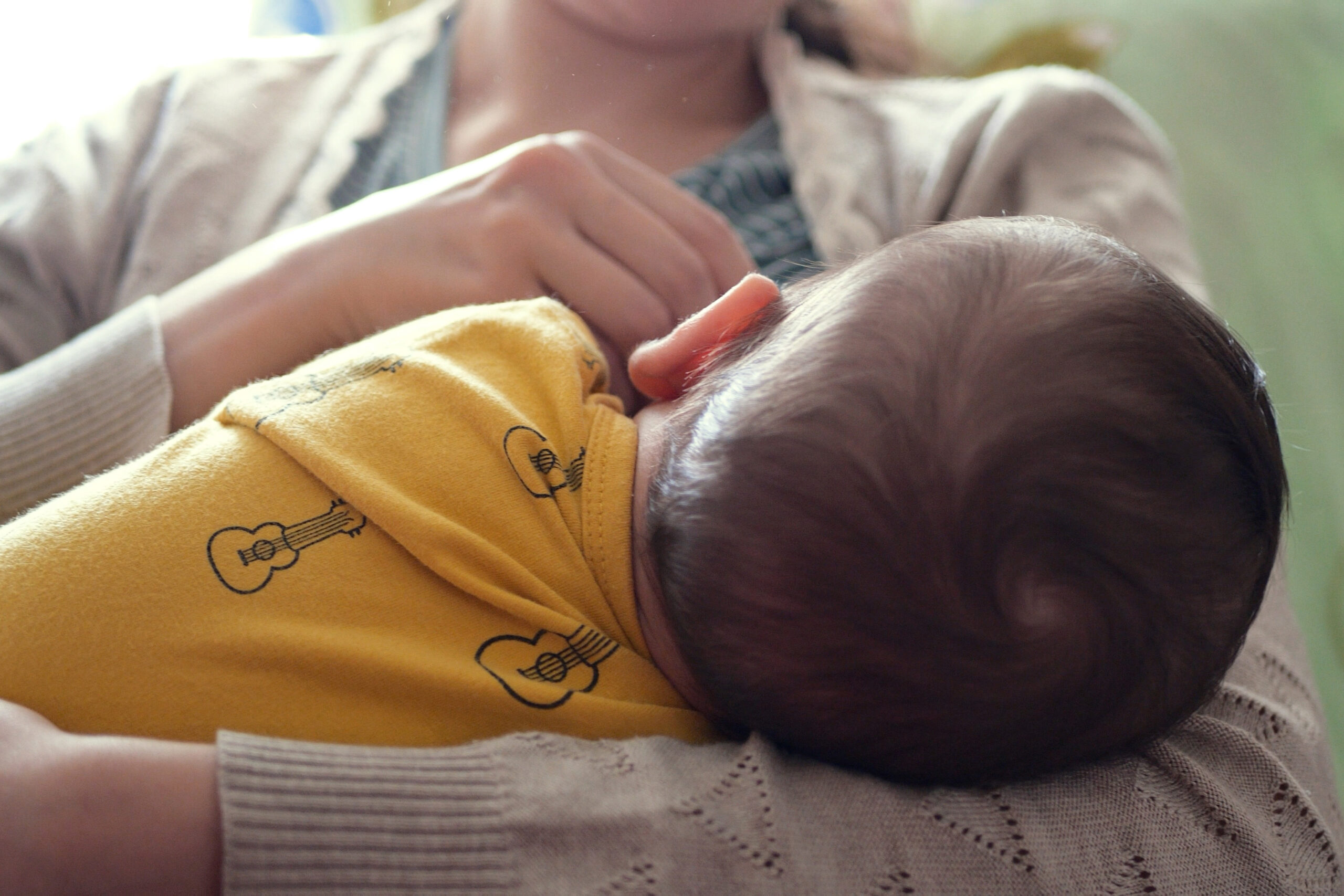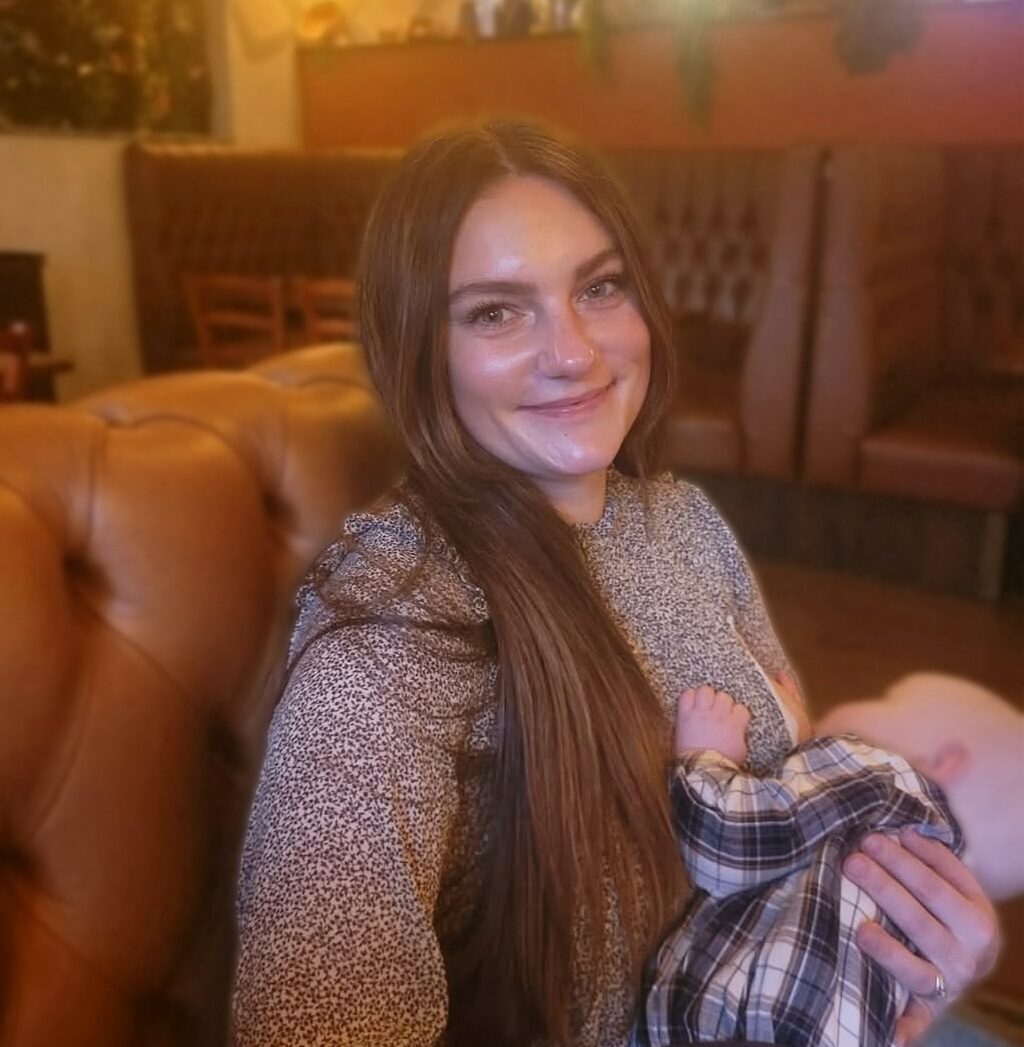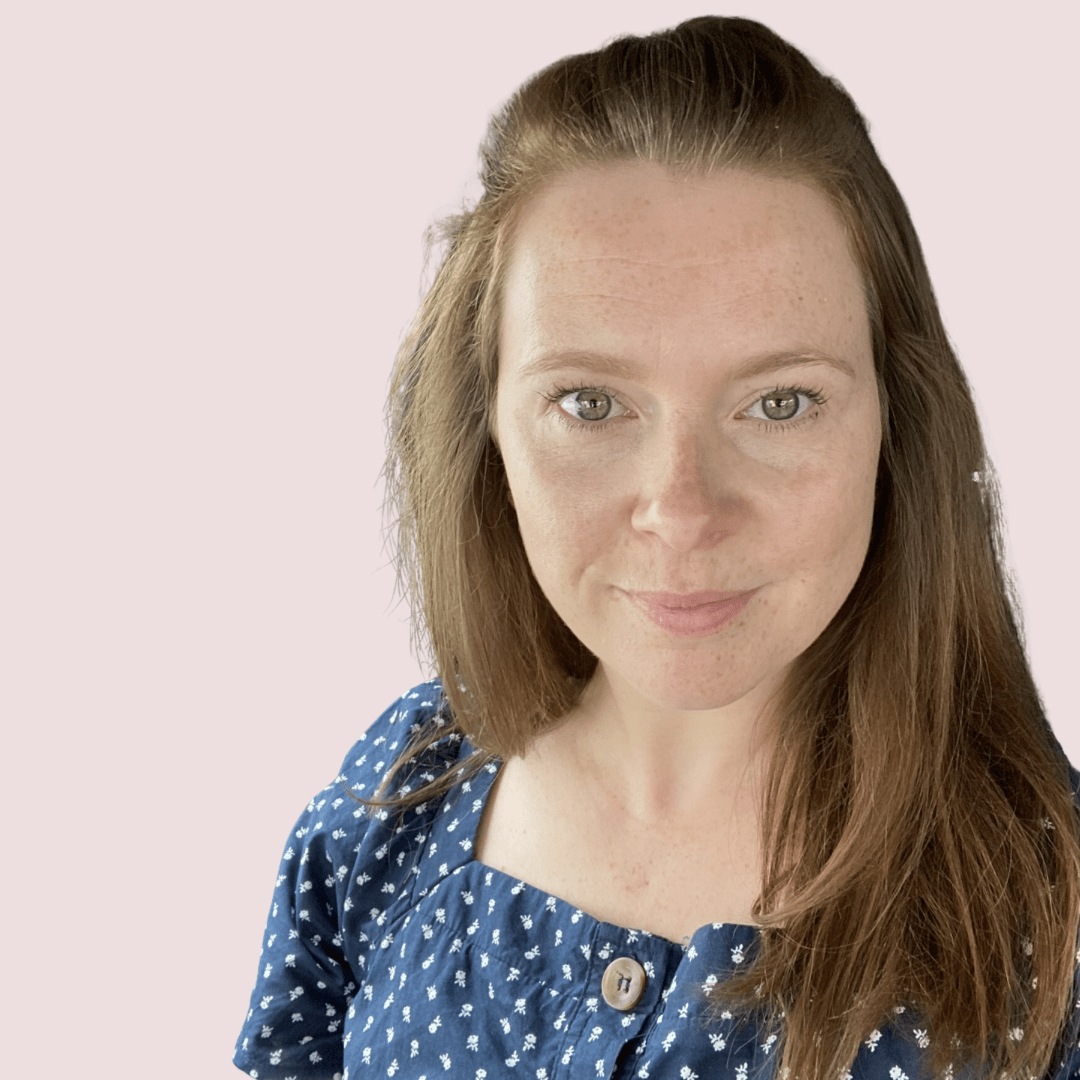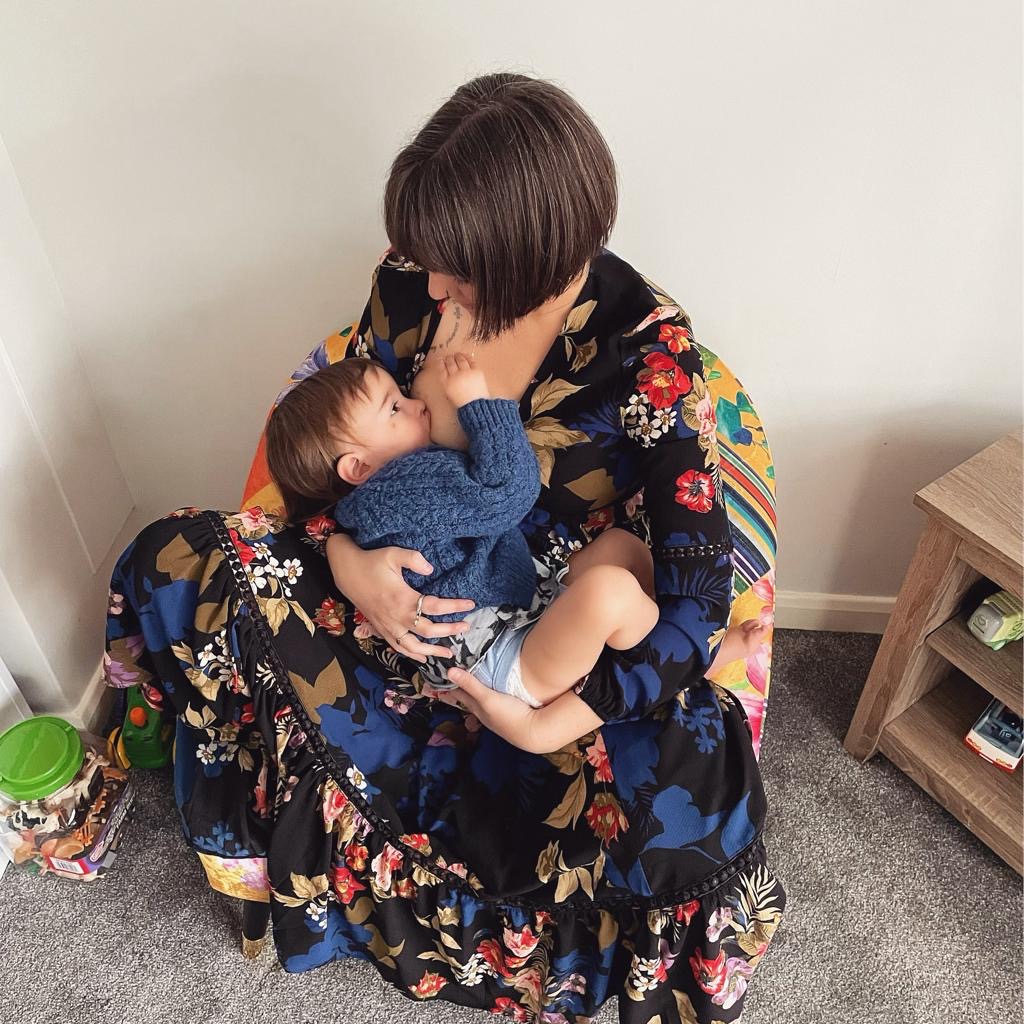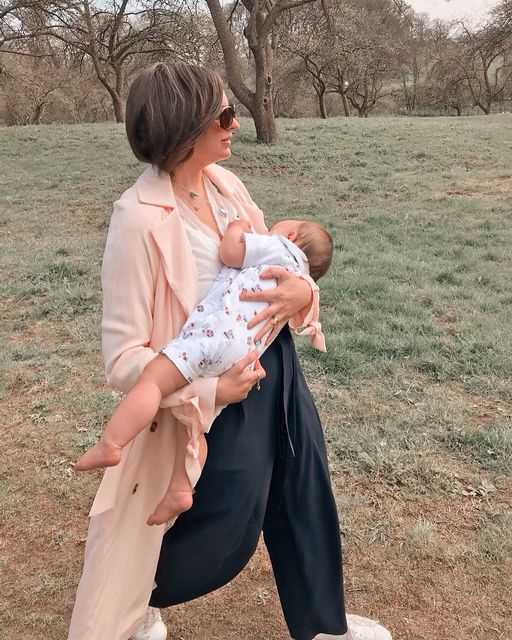The group I volunteer with holds its AGM during National Breastfeeding Celebration Week every year. We celebrate our successes and look ahead to the new year and how we can better support families in our community. We invite the mayor, have cake and take photos for social media – it’s a pleasant celebratory afternoon. But something has changed…National Breastfeeding Week has vanished.
Sure, we still have World Breastfeeding Week, but there are nuances to breastfeeding in the UK that make it important to have a separate National Breastfeeding Celebration Week, specific to this part of the world. However, the event has slowly reduced, and with the replacement of Public Health England in 2021 it has now petered out altogether.
Awareness Weeks help with engagement and information sharing
We should have times in the year where we highlight breastfeeding. It gives an opportunity to make some noise, in-person or on social media. Having our own national awareness week is important, so we can engage in activities and share information that are more specific to where we live.
It’s also important that families in the midst of breastfeeding feel ‘seen’ and proud of what they’re doing. Breastfeeding, of course, is something to celebrate – whether that’s one feed or a thousand. Those of us that have experienced it know that it can be a complex ball of emotions – it’s wonderful, hard, amazing, happy, exhausting…so many things. But ultimately it’s worth celebrating.
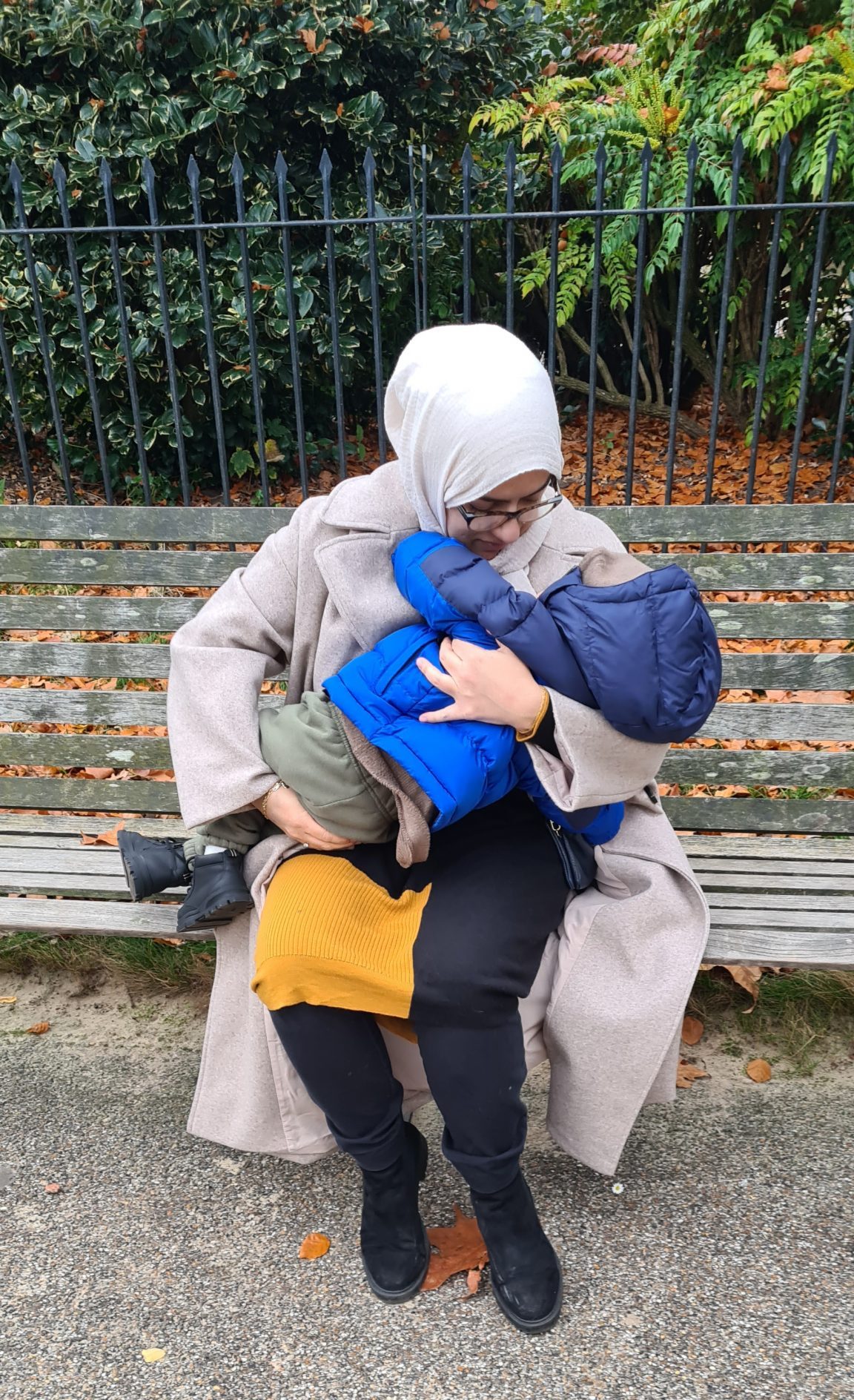
Having our own national awareness week is important, so we can engage in activities and share information that are more specific to where we live
I’m not breastfeeding any more. My youngest’s last feed was early in 2019. Yet, I still have so much I want to celebrate. I celebrate the amazing families I get to spend time with and all of their achievements. I celebrate the amazing voluntary sector in my local community. I celebrate my amazing group of friends that I met through breastfeeding support. But just like breastfeeding itself, it’s more complex than that, because while I’m eating cake with the mayor, chairing a meeting and feeling proud of everything we’ve achieved, the bigger picture here is stark.
Breastfeeding rates in the UK
The most recent data for prevalence of breastfeeding at 6-8 weeks (whether combi or exclusive) is 49.1%. Less than half. Yet we know that approximately 81% of women start out breastfeeding. In fact, breastfeeding rates in the UK are among the lowest globally, so, undoubtedly, we need an opportunity to raise our voices and bring awareness to what’s going on.
Breastfeeding rates in the UK are among the lowest globally, so, undoubtedly, we need an opportunity to raise our voices and bring awareness to what’s going on.
Amazing volunteers work in support groups and on helplines supporting families who are struggling. They are often signposting information that hadn’t been previously, providing a listening ear that nobody had time to give and offering helpful suggestions that others weren’t trained enough to know. They do this for free, offering hundreds of unpaid hours out of passion and empathy.
Stretched and struggling services across the UK
My local midwifery course provider lost its accreditation after an ongoing review process from the NMC. This follows a report recently investigating failings of care in maternity over the East Kent Hospitals Trust.
While safety is paramount, there are of course implications on the service and therefore the birthing experiences of local families. Stretched and struggling services and issues around training new midwives are not unique to where I live, many of us will have similar stories.
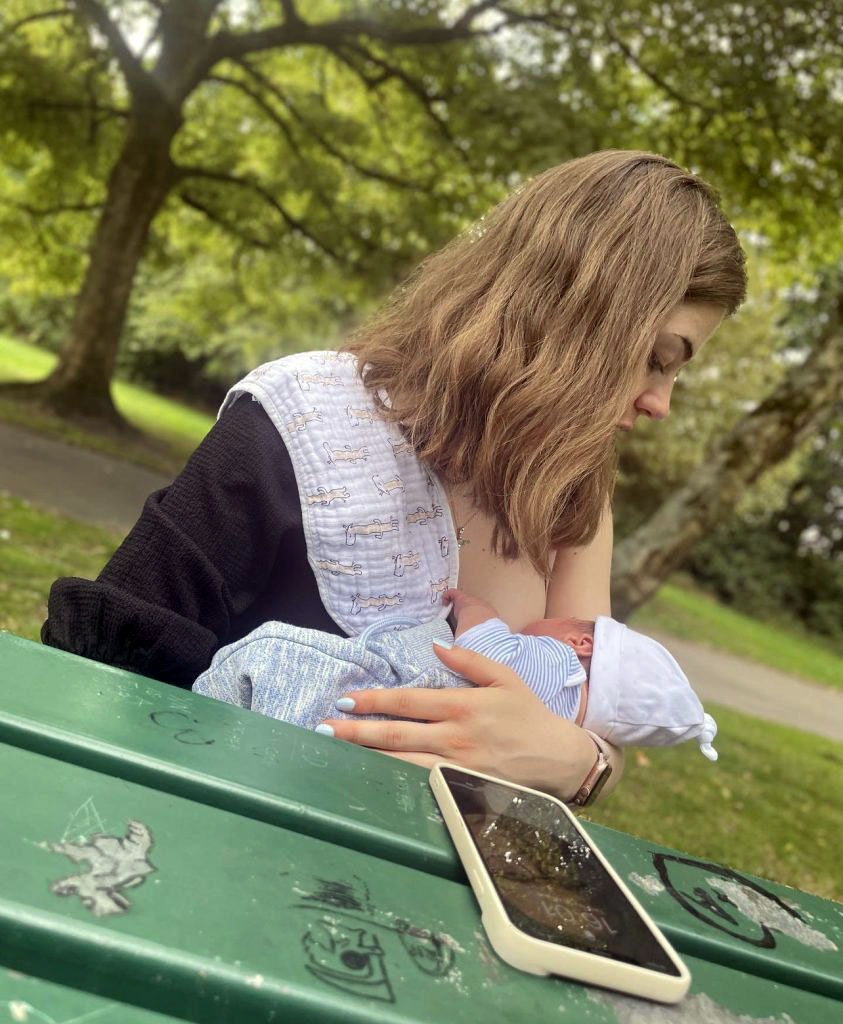
Tackling societal misconceptions and lack of support
I could talk about the benefits of breastfeeding… but we all know them. I actually think it’s abundantly more important to point out that if a parent wishes to breastfeed, and they are failed by a societal misconceptions and lack of support, then we need to do something about that. And while volunteers such as those at my local group help as much as we are able, there are bigger scale changes that would do so much more.
- developing a national infant feeding strategy board
- including breastfeeding in policies
- implementing initiatives to support breastfeeding
- protecting families from harmful commercial interests
Although this call to action went out in 2016, it feels as though very little has changed.
So sure, I’ll still have a lovely time with my friends celebrating the successes of our little group. However, I cannot help but feel frustrated that we are in a country where breastfeeding is not supported enough, and the quiet disappearing of our National Breastfeeding Celebration Week feels somewhat symbolic of that fact.




